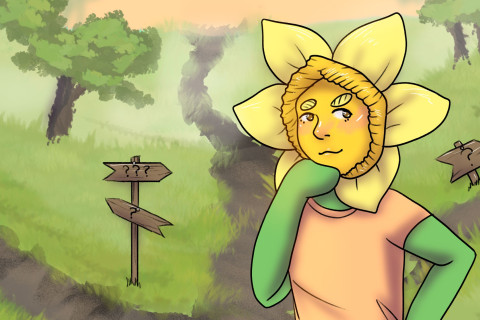There is currently a lot of talk about work-based immigration, but the voice of immigrants themselves is still poorly heard in public. In a new research project, international talents get to tell their own story about Finland.
Making the international talents’ experiences visible
The University of Eastern Finland and the University of Turku have launched a research project that investigates the experiences of international talents in Finland, especially from the point of view of what keeps them in the country.
More than 60 internationals from different fields and parts of Finland have been interviewed for the High-skilled Iinternationals: Bbottom-up Insights into Ppolicy Iinnovation for Wwork and Eentrepreneurship in Finland (HIWE) -research project. Now, their experiences have been turned into stories that open new insights into what it is like for internationals to live, work and be an entrepreneur in Finland.
Understanding diversity is central
"International talents have come to Finland for different reasons, and everyone has their own experience of how life in Finland has turned out. If we want to keep these talents in Finland, it is important to understand this diversity better,", says the project leader, Assistant Professor Tero Montonen from the University of Eastern Finland.
It is not easy to belong to Finland
The project has utilised the power of stories in bringing out the diversity of internationals’ experiences. Despite having also positive experiences, the stories based on the interviews describe how many highly skilled internationals have had difficulty finding work in Finland, for example, after completing their studies. Experiences of social and professional exclusion and discrimination are also common.
Many internationals feel that their previous education, experience, and innovation potential are not sufficiently recognised. The stories reveal that it is not easy for internationals to become part of Finnish society and culture, even if they are strongly motivated to do so. However, more than half of those interviewed for the study are satisfied with their lives in Finland and intend to stay in the country.
Stories reflecting the experiences of international talents can be accessed at: hiwe.fi/stories/
Additional information:
Leader of the project, Assistant Professor Tero Montonen, University of Eastern Finland, tero.montonen(at)uef.fi, tel. +358 40 355 2074.
Leader of the Turku sub-project, Professor Ulla Hytti, University of Turku, ulla.hytti(at)utu.fi, tel. +358 40 540 9112.
The HIWE project examines how highly skilled internationals experience living, working and being an entrepreneur in Finland. The goal is to develop a new research-based model of participation and cooperation through which internationals can make their voices heard better in decision-making concerning them. The two-year project is financed by Business Finland, and it is implemented in cooperation between the University of Eastern Finland and the University of Turku.
Project’s website: hiwe.fi

